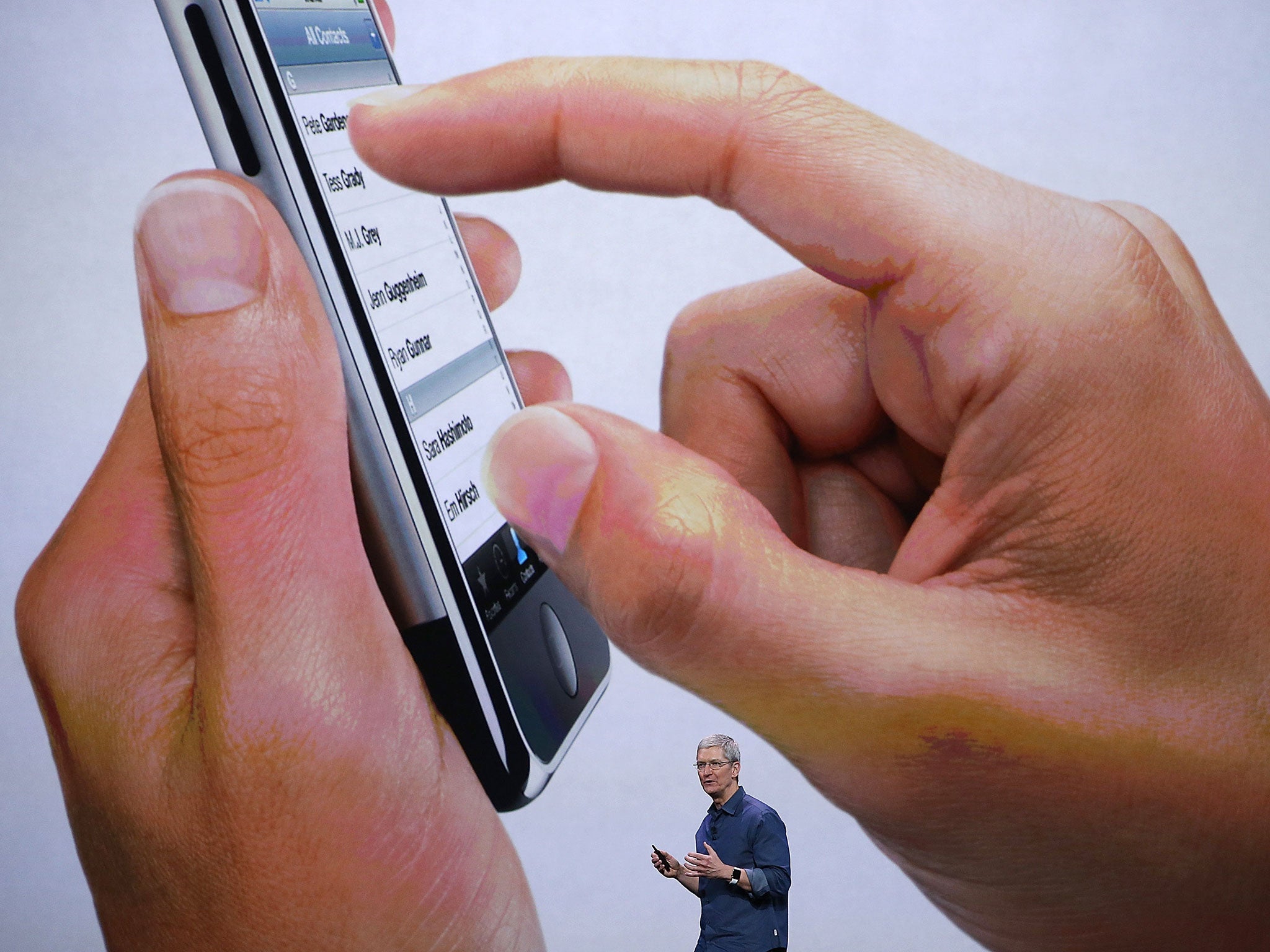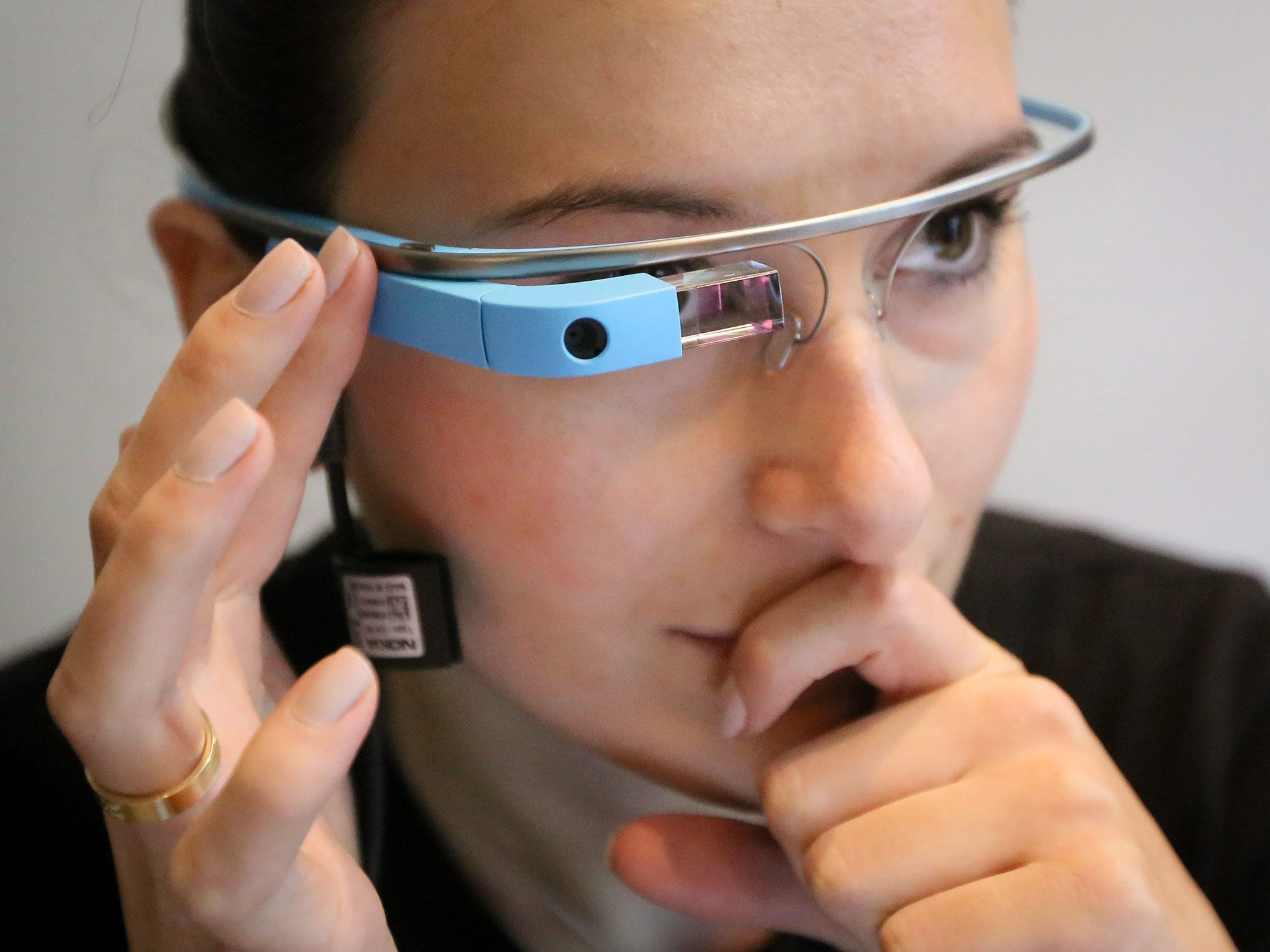Why 2014 was a year of technological let-downs
Security breaches and overhyped start-ups dominated a year in which very little changed (save the size of your phone)

If there’s one thing we learned about technology in 2014, it’s that other people (not us, oh no, it’s never us) can suffer alarming consequences as a result of security breaches. Scarcely a week elapsed without a new round of security-related embarrassment hitting the headlines; from actresses whose private snaps ended up plastered across the web to people unwittingly starring in YouTube videos of footage taken from hacked security cameras. Our reliance on systems we assume to be watertight was highlighted in recent weeks by the Sony hack, a series of leaked emails which escalated into a diplomatic war between the North Korean and US governments. This all stemmed from vulnerable security systems.
Bugs in the system
It’s impossible to overstate the potentially catastrophic nature of the “Heartbleed” bug, discovered back in April in Open SSL, a piece of cryptographic software used across the web to safeguard our communication and our identities. However, its causes and consequences were so far outside the realms of our understanding that most of us failed to appreciate what was going on. The author of the code confessed that he’d “missed validating a variable containing a length”, but he may as well have been speaking in Old Norse. The same could be said for “Bad USB”, an exploit which proved that all existing USB devices were fundamentally compromised.
Smartphones soar
Google’s search trends for 2014 ranked Apple, Samsung and Google’s Nexus as the top three smartphones, but Samsung devices outsold Apple by nearly two to one – 73 million to 38 million. The vast majority of smartphones run Google’s Android operating system (a market share of around 85 per cent) but Apple has lost none of its talent for creating a buzz around a product launch, as was evidenced by the unveiling of the iPhone 6 and iPhone 6 Plus back in September. Billed as “bigger than bigger”, it continued the industry trend of larger screens; the 5.5in iPhone 6 Plus is a fraction bigger than Samsung’s Galaxy Note, which was generally deemed to be of preposterous dimensions when it launched in 2011. But the popularity of gaming and video is now cementing these sizes as standard.
Watching the iWatch
Apple’s long-awaited watch was also announced in September. Its launch in the spring potentially makes 2015 “the year of the smartwatch” – but the same was said of 2013, and of 2014. The analytics firm Gartner optimistically predicts that 40 per cent of our watches will be “smart” by 2016, but as yet we’ve failed to embrace them, despite the praise bestowed upon devices such as the Moto 360 and Sony’s Smartwatch 3. When it comes to watches, aesthetics are everything, and that’s where the Apple Watch may score where others have failed. Nike surprised many when it abandoned its Fuelband product line back in April to concentrate on its fitness software, but that’s perhaps an indication of the faith being placed in Apple Watch as a game-changer in terms of our attitude to wearable devices. Google Glass certainly wasn’t that game changer: it suffered another torrid year of press coverage, with the word “creepy” still used liberally.

Print your own spanner
3D printing saw a slow but steady accumulation of interest this year. The availability of machines like the Makerbot Replicator Mini (around £1,200 new) finally saw 3D printing enter the home, and while it may be the education sector that really drags it forward, consumer interest will continue to be piqued by news stories such as Nasa emailing a spanner to the International Space Station.
Tap your phone here
One big, technologically-driven change to the way we live our lives has been hinted at in the last few days of 2014, with the news that Apple has placed job advertisements for a London-based team to work on Apple Pay, an NFC (near field communication) powered payment system. Essentially, this means tapping your phone on a reader in a store as an alternative to carrying around cash or cards. Android phones have had NFC capability since 2010, and Google Wallet, an equivalent to Apple Pay, has operated in the US since 2011, but neither have appeared in the UK as yet.
Yo? No. Uber? Yes
The flood of new software to our phones, tablets, laptops and desktops was incessant and frequently overwhelming. The blaze of publicity and comment that greeted the launch of many apps bore little relation to their eventual popularity: the creators of Yo (an app that enabled your phone to say “Yo” when a friend pushed a button on their phone) excitedly boasted of their accumulation of venture capital (“It’s crazy, it’s viral, the engagement is unbelievable”), but a week later it was old news, a passing fad, an app unceremoniously dumped. Meanwhile, the minicab app Uber slowly began to cause real social change and intense debate about the free market.
Rage against the machines
The new, flattened look s of Apple’s iOS8; the latest version of OSX (codename Yosemite); and Lollipop, the update to Google’s Android operating system, provoked much furious insistence that all three were ugly, and not as good as they used to be. But we’ll get used to it. We always do. It’s one of the consequences of always-on, constantly-updated devices that things will develop and change without our approval. The appearance on people’s iTunes catalogue back in September of a new U2 album, a gift from Apple, was a perfect example of that. Countless people screeched their displeasure across social media when they realised that the process of deleting it wasn’t straightforward.
Hail the king
Facebook remains social media’s undisputed king; with over 1.35 billion monthly users, 64 per cent of whom use it on a daily basis, its competitors stand little chance of even touching the hem of its cloak. As with every year it came in for a fair share of criticism, but a new potential rival to Facebook, a privacy conscious service called Ello, found itself becoming irrelevant as quickly as the buzz surrounding it had accumulated. We were also told that anonymous social-media channels such as Whisper and Secret would provide a crucial service where we could air all our desires and grievances without worrying about the implications; today, however, both services look more like a haven for the perpetually angry and the sexually frustrated.
Join our commenting forum
Join thought-provoking conversations, follow other Independent readers and see their replies
Comments
Bookmark popover
Removed from bookmarks